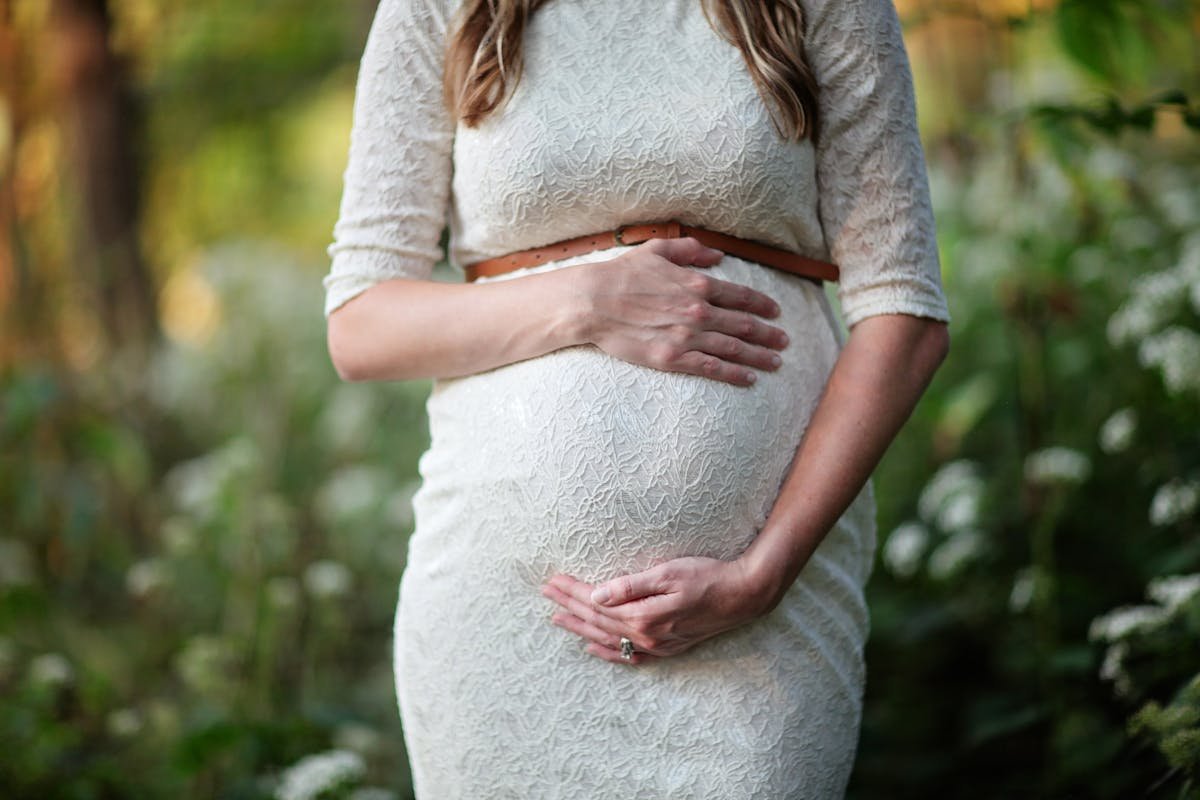Winter can be so much friendlier to pregnant women compared to summer especially when at the end of pregnancy, discomfort is on the higher side.
The plus point during winter is that legs, and feet swell much lesser with easy sleep. Yet on frosty days, particular skin care, hand care with hygiene and overall well being are also needed.
In our article today, we bring you some tips on taking care of your pregnancy in winter and show you how future mothers can protect themselves and enjoy the benefits of the cold weather without any major worries.
Happy reading!
Table of Contents
1. Care for respiratory diseases
Respiratory diseases are very much common in winter as it becomes cold and dry. In pregnant women, this time is a high-risk for the acquisition of flu, colds, pneumonia, sinusitis, bronchitis, and asthma.
Low immunity, a condition of pregnancy, allows women to easily succumb to such diseases. Lastly, mucous membranes swell up, thereby complicating the ejection of mucus out which then goes on to collect in the airways and which subsequently allows such viruses and bacteria to multiply that cause all such disorders.
Some simple but very important precautions should be taken on a daily basis to reduce the risks of the future mother contracting respiratory diseases during pregnancy. See below what they are.
Get vaccinated against the flu
The flu vaccine is provided free of charge at health centers and is also available in the private network.
Vaccination can be administered to pregnant women regardless of the stage of gestation they are. The only contraindication is for those who have an allergy related to eggs or had a severe reaction to a previous vaccination.
Protection is provided in the form of a vaccine which has to be taken by women who had taken it in the previous years as well as, because the dose is valid for only one year.
In their opinion, vaccination is the best way for pregnant women who are afraid of the complications of pneumonia and severe acute respiratory syndrome that are exacerbated during this period.
It should also be stressed that the vaccine is manufactured basically for four particular influenza viruses which are most active throughout the year. Therefore, it does not protect from all types of aches and flu.
Knowing this, we will list below other measures that must also be followed by pregnant women to avoid infection by other subtypes.
Keep your hands clean
Hands are primary sources of infection spread mostly through the flu and cold during the winter. The virus indeed spreads in the environment by an infected person who sneezes or coughs without covering their mouth with a cloth or tissue.
They easily transmit their germs to individuals touching tables, handrails, and bar buses, etc. Due to the likelihood of rubbing their eyes, or nose or putting their hands over their mouths, people allow the viruses to have easy access into their bodies.
When talking about pregnancy, everything else aside, not only cleaning hands but also proper handwashing is extremely important for pregnant women. Pregnant women must also always have alcohol gel for use during the winter months.
Open doors and windows
Even on the coldest days, it is necessary to open doors and windows at home and at work so that the air can circulate and carry viruses and bacteria, making it difficult for them to spread.
If you use public transport, always open windows, as with a larger concentration of people, there is also a greater chance of contamination.
Avoid areas with large crowds of people.
Pregnant women should also avoid crowded areas as much as possible, such as shopping malls, movie theaters, fairs. If you must go to these places, observe when they are least crowded and go during that time.
2. Maintenance of Blood Pressure
During winter, for example, blood vessels constrict to keep the body warm and prevent heat loss, which is great for reducing swelling but contributes to the likelihood of preeclampsia as blood pressure increases.
Preeclampsia is a particularly severe disease due to the complications that might be suffered by both mother and baby It occurs in about seven percent of pregnancies and is most common in twin pregnancies and in women pregnant in their teens or in women who are over forty years old. The syndrome typically arises in the second trimester of pregnancy, following the twentieth week.
To avoid further complications, pregnant women should monitor their blood pressure, follow prenatal care correctly and seek medical attention immediately if they notice sudden excessive weight gain or sudden swelling in their hands and face.
In milder forms, rest and medication to control blood pressure are given. In cases that have progressed to its severer forms, the patient needs to be hospitalized; the baby may also need to be delivered early. Thus, diagnosis must be made earlier to save both mother and baby from harm.
3. Skin care
The skin is the first one to feel the effects of chillier winds, accompanied by dryness. Dryness and itchiness become very common due to the stretching of the skin to accommodate the baby inside.
To avoid these, pregnant women should use a lot of moisturizer, especially around the belly, breasts, thighs, and buttocks, as these areas have a higher tendency to produce stretch marks.
Avoid very hot and long baths. The hot water removes protective layers of the skin, leaving it even drier.
Sunscreen with SPF over 30 should be used by expectant mothers even on cold days, for it might not feel necessary but the incidence of sun light is more in winter times which complicates, due to the increased production of melanin the pregnant woman will become prone to skin blemishes particularly on the face.
4. Diet and Hydration
Regardless of the season, your diet during pregnancy should be balanced and rich in nutrients so that both the mother and the developing baby can stay healthy. However, during the winter season, there is some special care that can be taken with food to keep the body strong and help a person face low temperatures in a healthier way.
Invest in fruits and natural juices rich in vitamin C and include plenty of vegetables and foods that are sources of iron and vitamins in your diet. This will help to keep your immunity strong.
Drink plenty of fluids to improve blood circulation, prevent high blood pressure, and reduce swelling. If you have a cold, drinking more fluids is essential to replace what has been lost and speed up recovery.
5. Medication care
Over the counter cold medicines are for sale and promise to eradicate flu and cold symptoms. However, they are completely contraindicated for pregnant women.
Do never ever self-medicate !!! The next time you feel otherwise or develop fever and runny nose, talk to your physician because only he or she knows best how to prescribe that one medication to help resolve fever and runny noses or how to avoid it to drink enough fluids and rest and heal.








